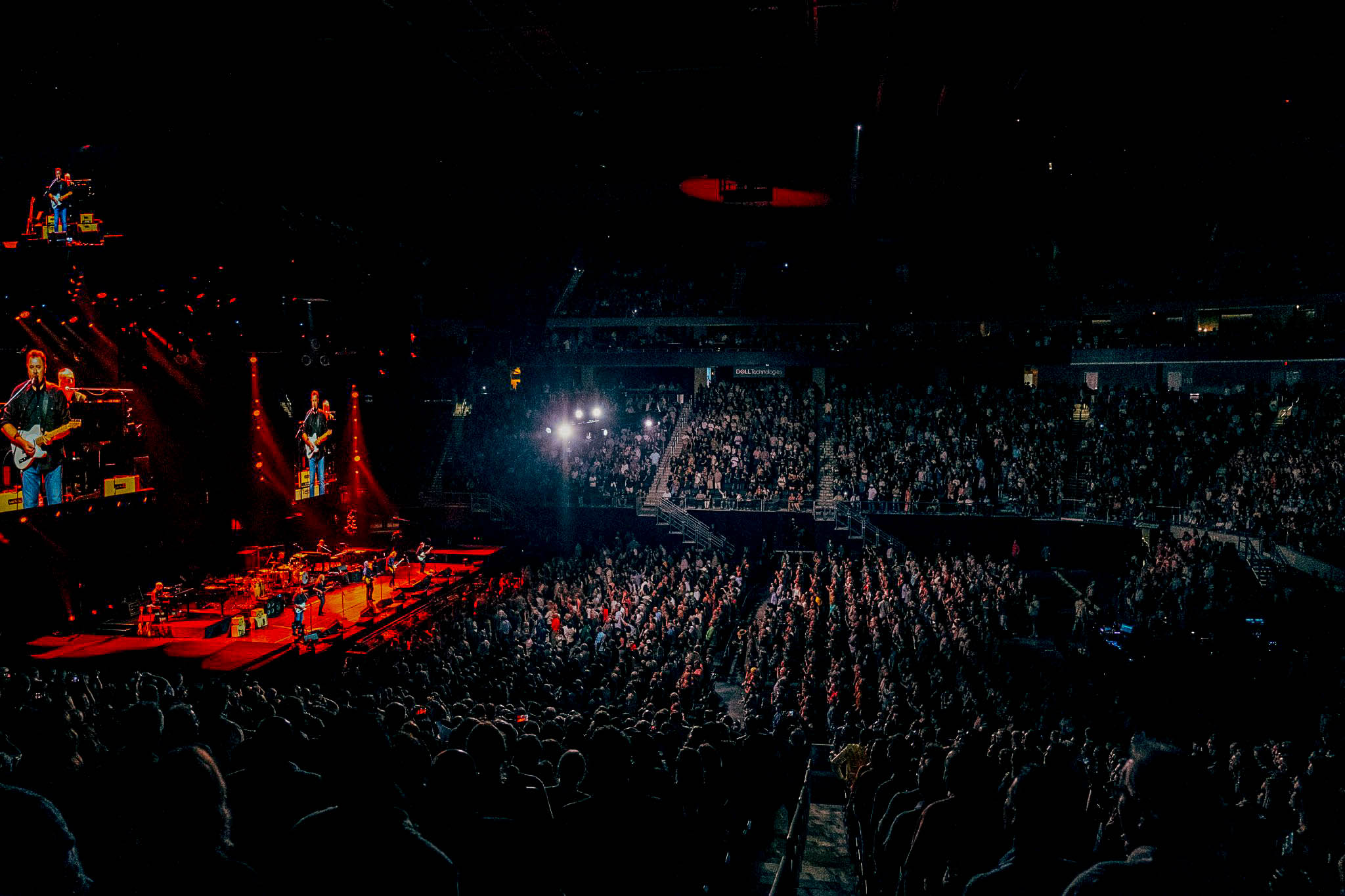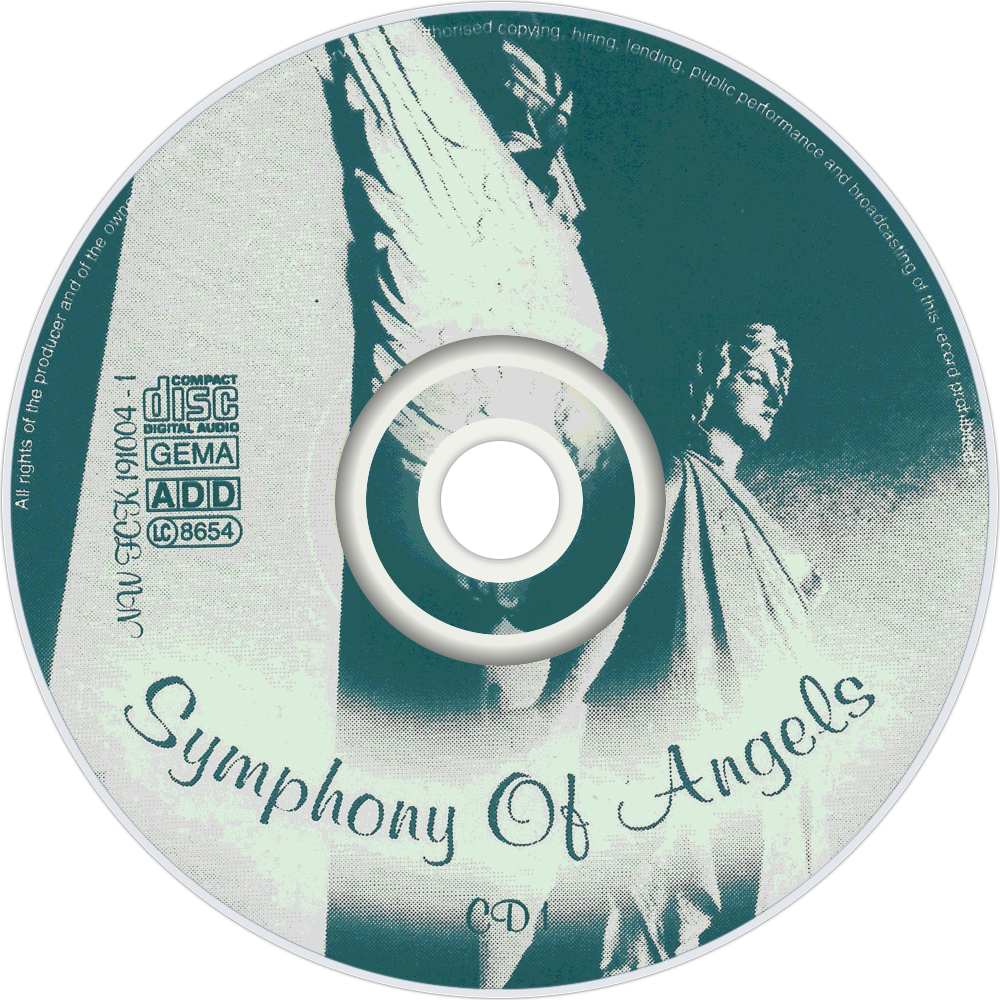In Space 289, Music Therapy has become a forefront of innovative treatments within Sports Medicine Colleges. The approach provides a holistic angle to the recovery process, addressing both the physical and psychological needs of student-athletes. The colleges are integrating these practices by employing qualified music therapists who work alongside the medical staff, crafting individualized therapeutic interventions that resonate with the patient’s personal tastes and injury-specific requirements.
The importance of music therapy cannot be overstated in the context of sports medicine, where the pressure to return to play is high and the mental strain matches the physical. Music therapy aids in pain management, reduces anxiety, and enhances the overall well-being of student-athletes, facilitating a swifter and more comprehensive recovery journey. Its implementation in sports medicine programs reflects a growing recognition of the interplay between the mind and body in athletic rehabilitation.

Benefits of Music Therapy
Music therapy has shown significant impact on athletes’ performance by not only addressing injury recovery but also improving focus and confidence. Its use can lead to enhanced concentration during training and competition. Athletes who engage with music therapy often report improved mood and motivation, as well as a deeper connection to the joy of their sport, which can translate into better performance on the field or court.
These sports medicine programs benefit from music therapy as it offers a non-pharmacological approach to pain management, potentially reducing dependence on medication. Moreover, it supports emotional and psychological healing, contributing to a more holistic recovery. By incorporating music therapy, sports medicine colleges are able to offer a more diverse range of treatment options, reinforcing their commitment to the overall health and success of their athletes.
Space 289 Music Therapy Program
The curriculum at Space 289 revolves around an evidence-based framework that teaches students the practical application of music therapy in sports. Courses cover various methods and techniques, including how to customize playlists for individual athlete’s psychophysiological needs. The program also emphasizes the understanding of musical elements and their influence on cognitive and physical functions, enabling practitioners to foster recovery and performance enhancement among athletes effectively.
Space 289’s program stands out for its comprehensive approach that interweaves music and sports science. It equips therapists with advanced tools to analyze an athlete’s performance, mood patterns, and recovery process. The incorporation of technology, such as biofeedback mechanisms and performance analytics, further tailors the therapeutic experience, setting the program apart in its field. Through hands-on internships, students gain invaluable experience within sports teams, applying their knowledge to real-world scenarios.


Role of Music Therapists
Music therapists at sports medicine colleges are tasked with creating custom audio prescriptions to enhance athletes’ mental and physical states. They assess individuals’ needs, considering various factors like stress levels, injury recovery, and motivation. These therapists closely monitor athletes’ responses to therapy; adjusting protocols as necessary.
Collaboration is key in sports medicine, with music venues near me therapists working alongside coaches, trainers, and physicians. They share insights gleaned from biofeedback and performance data to fine-tune athletes’ therapy plans. Their collective expertise ensures that each athlete receives a holistic approach to their wellbeing, integrating physical care with psychological support through music.
Applications of Music Therapy
Music therapy, within the context of sports medicine, serves as a multifaceted tool that extends beyond conventional rehabilitation techniques, offering unique benefits to athletes facing both physical injuries and psychological challenges. This distinct approach leverages the therapeutic qualities of music to foster not only physical healing but also emotional resilience and psychological health, crucial for athletes under the rigor of competition and recovery.
Music therapy introduces a novel dimension to injury rehabilitation by incorporating musical elements to stimulate physical healing and mobility. Tailored musical interventions, designed to align with the rehabilitation goals of each athlete, can facilitate improved motor skills, coordination, and pain management. Techniques such as rhythmic auditory stimulation can help in retraining gait and improving movement patterns in athletes recovering from musculoskeletal injuries.
Beyond the physical aspects, music therapy offers a sanctuary for emotional expression and coping strategies, addressing common psychological ailments among athletes such as anxiety, depression, and burnout. Personalized music sessions, which may include songwriting, music listening, and active music-making, provide a creative outlet for athletes to express their feelings and experiences, enhancing their mental health and emotional well-being.

Music therapy also plays a pivotal role in cognitive enhancement and performance optimization. By utilizing music’s ability to influence mood and arousal levels, therapists can design interventions that optimize athletes’ focus, concentration, and performance anxiety management. This application is particularly beneficial in preparing athletes mentally for competition, aiding in the achievement of peak performance states.
In team sports, music therapy can act as a catalyst for team cohesion and communication. Group music-making sessions and shared musical experiences foster a sense of unity and mutual support among team members, which is essential for team dynamics and overall performance. These sessions provide a platform for athletes to connect with each other on a deeper level, promoting a healthy team environment.
The integration of technology with music therapy offers new possibilities for customized care. The use of biofeedback, virtual reality, and other digital tools in conjunction with music therapy allows for the creation of immersive and interactive experiences that can enhance the therapeutic process. These technologies enable precise monitoring and adjustment of therapy sessions to meet the specific needs and progress of athletes, ensuring a personalized and effective treatment plan.
By expanding the scope and methods of music therapy in sports medicine, professionals can provide a more holistic and comprehensive care model. This approach not only addresses the immediate needs related to injury recovery but also contributes to the long-term health, well-being, and performance excellence of athletes, underscoring the vital role of music therapy in modern athletic care.

Applications of Music Therapy
Music therapists in sports medicine settings employ sound-based treatments to help athletes with injury recovery. By using rhythm and melody, they can assist in managing pain, improving mobility, and accelerating the rehabilitation process. The therapy sessions are tailored to target specific injuries, promoting healing and helping athletes return to their sport more quickly and effectively.
Moreover, music therapy plays a crucial role in supporting the mental health of athletes. It addresses issues such as performance anxiety, depression, and post-competition stress, contributing to the emotional wellbeing of these individuals. Through listening to and creating music, music therapists aid athletes in improving focus, elevating mood, and building resilience against the pressures of competitive sports.
Student Experiences
Students involved in the Space 289 Music Therapy Program have reported significant benefits from the sessions. They’ve shared experiences of enhanced concentration, better emotional regulation, and heightened self-awareness, all of which contribute to a more balanced life as a student-athlete.
The positive impact on well-being and performance is well-documented among students who engage in music therapy. The therapy’s multifaceted approach not only supports students in managing academic stress but also promotes healthier lifestyle habits, crucial for sustained success both in and out of the athletic arena.
Conclusion
Music therapy, as implemented in the Space 289 Music Therapy Program, demonstrates significant advantages for student-athletes. Participants reveal increased concentration, emotional stability, and self-awareness. These findings underscore the therapy’s efficacy in nurturing both mental and physical aspects of rehabilitation and performance optimization.
The program’s successes suggest a promising future for music therapy within sports medicine education. As colleges recognize the holistic benefits of music therapy, they may integrate it into curricula, potentially revolutionizing injury recovery protocols and mental health support for athletes.